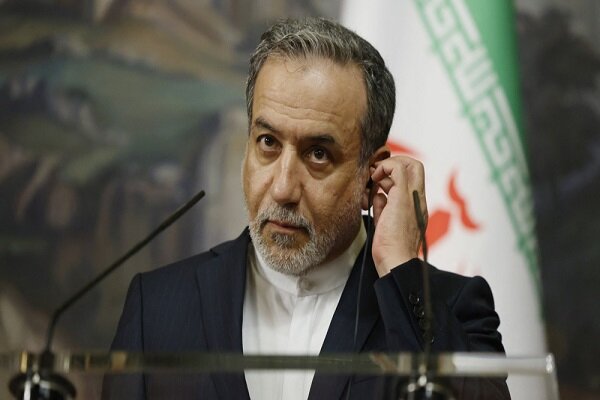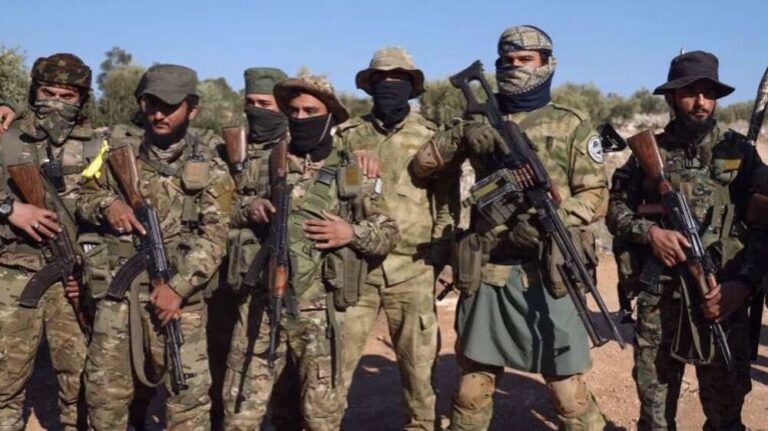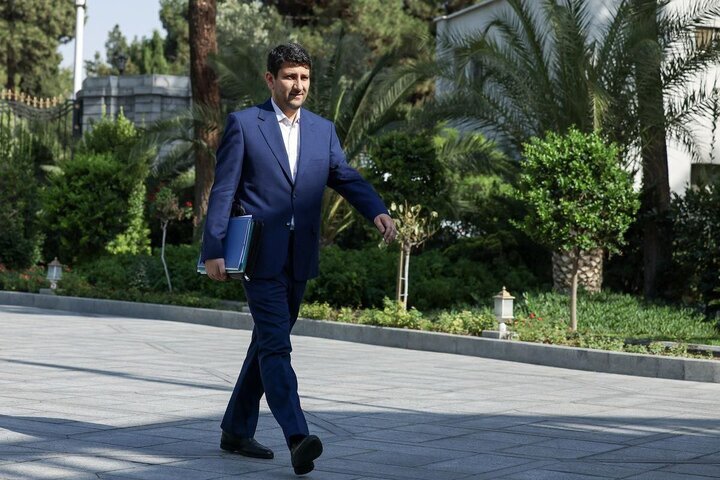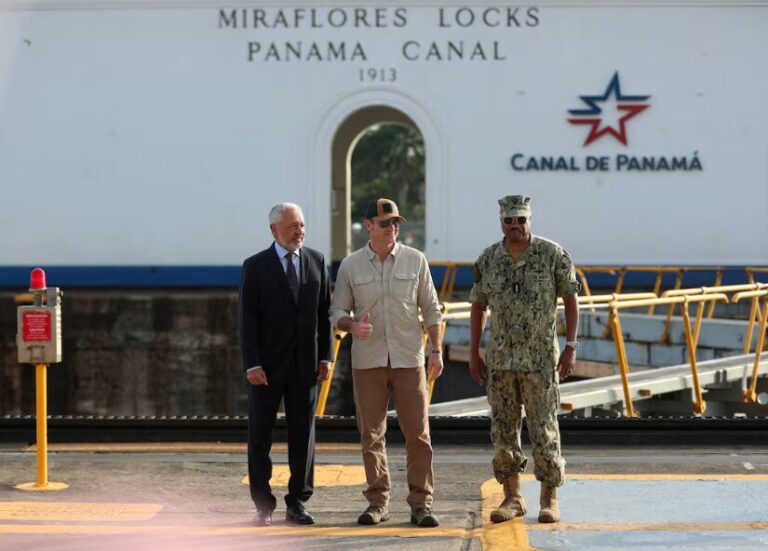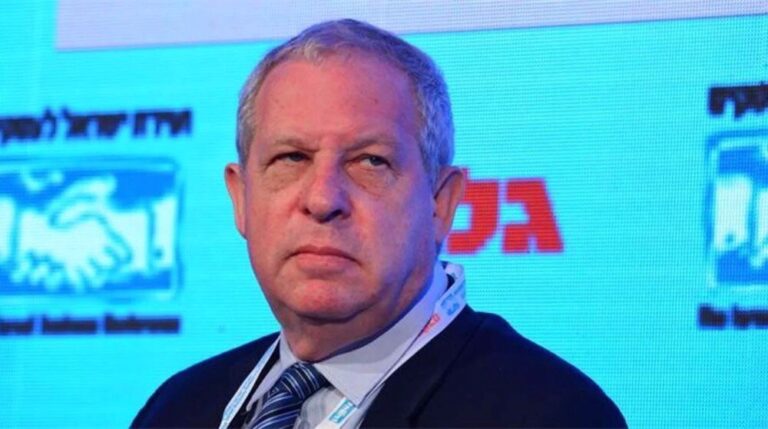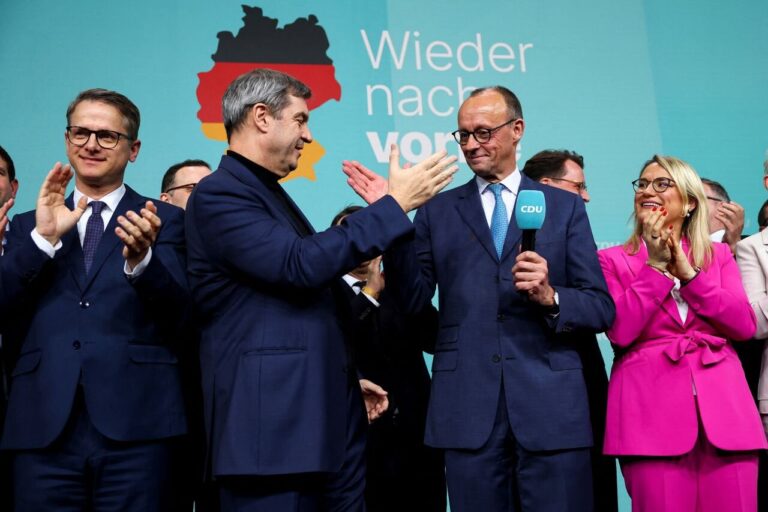China Anticipates In-Depth Discussions During Iranian Foreign Minister’s Visit
In a significant diplomatic move, Tehran’s top diplomat is set to visit China to discuss crucial matters related to China-Iran bilateral relations and pressing international issues. This visit comes ahead of a pivotal third round of nuclear negotiations between Iran and the United States, highlighting the importance of collaboration and dialogue in addressing regional concerns.
According to foreign ministry spokesman Guo Jiakun, “Both sides will have in-depth exchanges on China-Iran bilateral relations and international and regional hotspot issues of mutual concern.” This statement underscores the commitment of both nations to strengthen their partnership and address key challenges together.
The upcoming discussions are particularly timely, as they follow two rounds of nuclear and sanctions-lifting talks that took place over the last two Saturdays. These meetings, held initially in Oman and subsequently in Italy, have been described as productive, with both sides expressing satisfaction with the progress made.
The expert-level talks are scheduled to take place tomorrow in Muscat, Oman, where details of the negotiations will be further explored. This continuous engagement reflects the urgency and complexity of the issues at hand.
Mr. Araghchi’s visit to China is not his first; he previously met with Chinese officials in December, signaling a persistent commitment to diplomatic relations. Beijing, a crucial player in the 2015 nuclear agreement—formally known as the Joint Comprehensive Plan of Action (JCPOA)—has maintained a significant role in the discourse surrounding Iran’s nuclear program.
China stands as Iran’s largest commercial partner, particularly as it relates to oil transactions. With Iran still facing stringent US sanctions, approximately 92 percent of Iranian oil is exported to China, often at discounted rates. This economic interdependence has fortified the ties between the two nations amid a challenging geopolitical landscape.
As Guo Jiakun noted, “The two countries have maintained mutual respect, trust, and support, promoting the healthy and stable development of bilateral relations and contributing to regional and global peace and stability.” This statement captures the essence of the diplomatic relationship and the broader implications it has on international stability.
- 2015 Accord Details: The JCPOA was signed by multiple global powers, including Britain, France, Russia, the United States, Germany, and the European Union.
- US Withdrawal: President Donald Trump’s withdrawal from the agreement in 2018 significantly altered the landscape, leading to Iran breaching the terms of the accord a year later.
- Current Relations: The ongoing talks indicate a persistent effort from both sides to navigate the complexities of international relations and nuclear negotiations.
The implications of these discussions extend beyond mere diplomatic engagement. They also reflect the evolving geopolitical dynamics in the region and the influence of major powers like China in mediating complex issues. As the talks progress, it will be crucial to monitor how these relationships develop and the potential impact on global peace and security.
In conclusion, the upcoming exchange between Iran and China represents a vital step in addressing both bilateral and international challenges. With a focus on cooperation and mutual respect, the two nations aim to navigate the intricate landscape of diplomacy and find common ground on contentious issues.
The role of China as a key player in Iran’s economic landscape, particularly in the energy sector, cannot be understated. As the global community watches, the outcomes of these discussions will likely reverberate throughout international relations, affecting not only Iran and the United States but also the broader Middle Eastern region.
Both nations are poised to tackle pressing issues that could shape the future of their bilateral relationship and influence international policies in the years to come. As the world awaits the results of these critical talks, the focus remains on fostering dialogue and achieving sustainable solutions for all parties involved.
